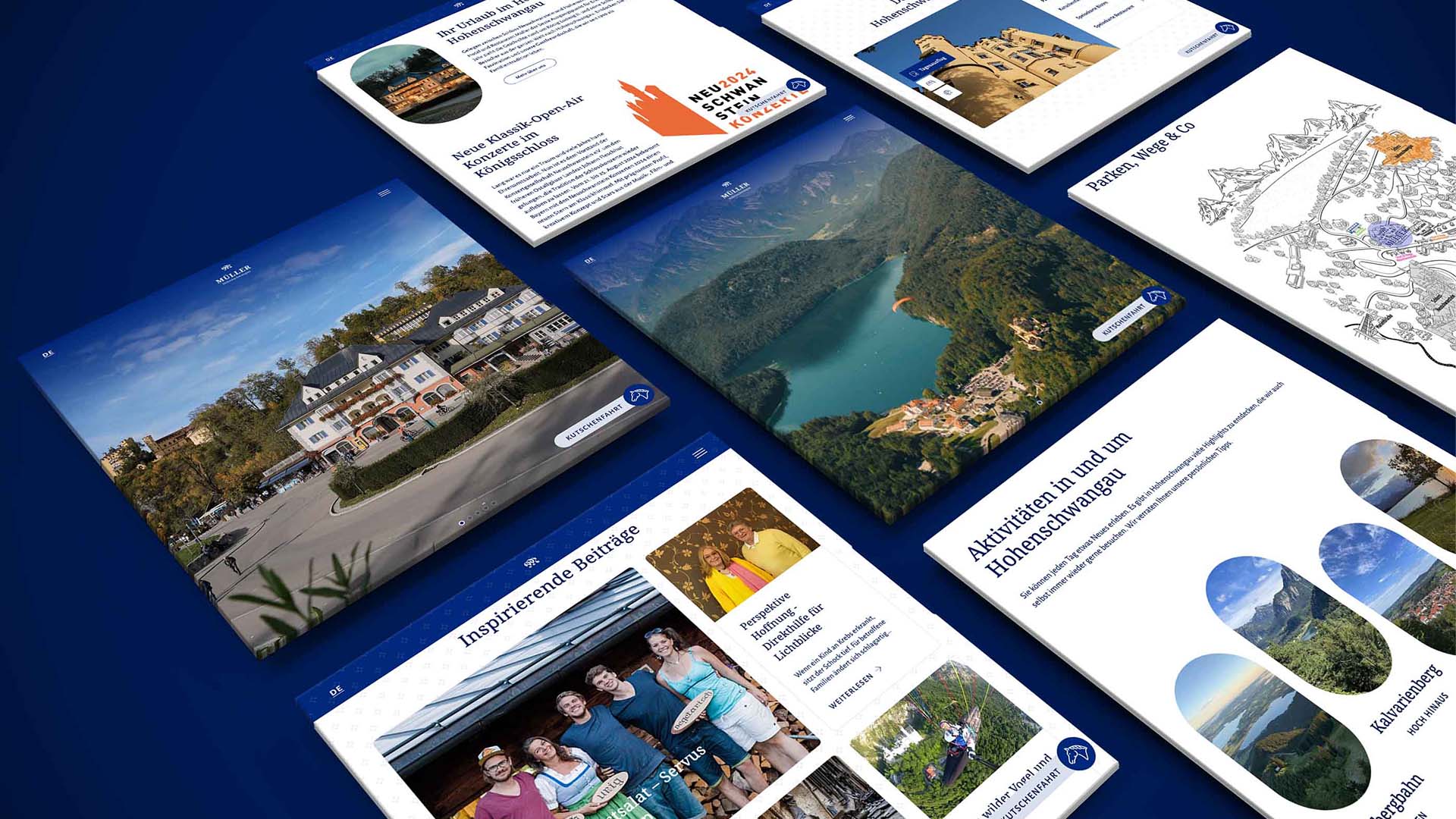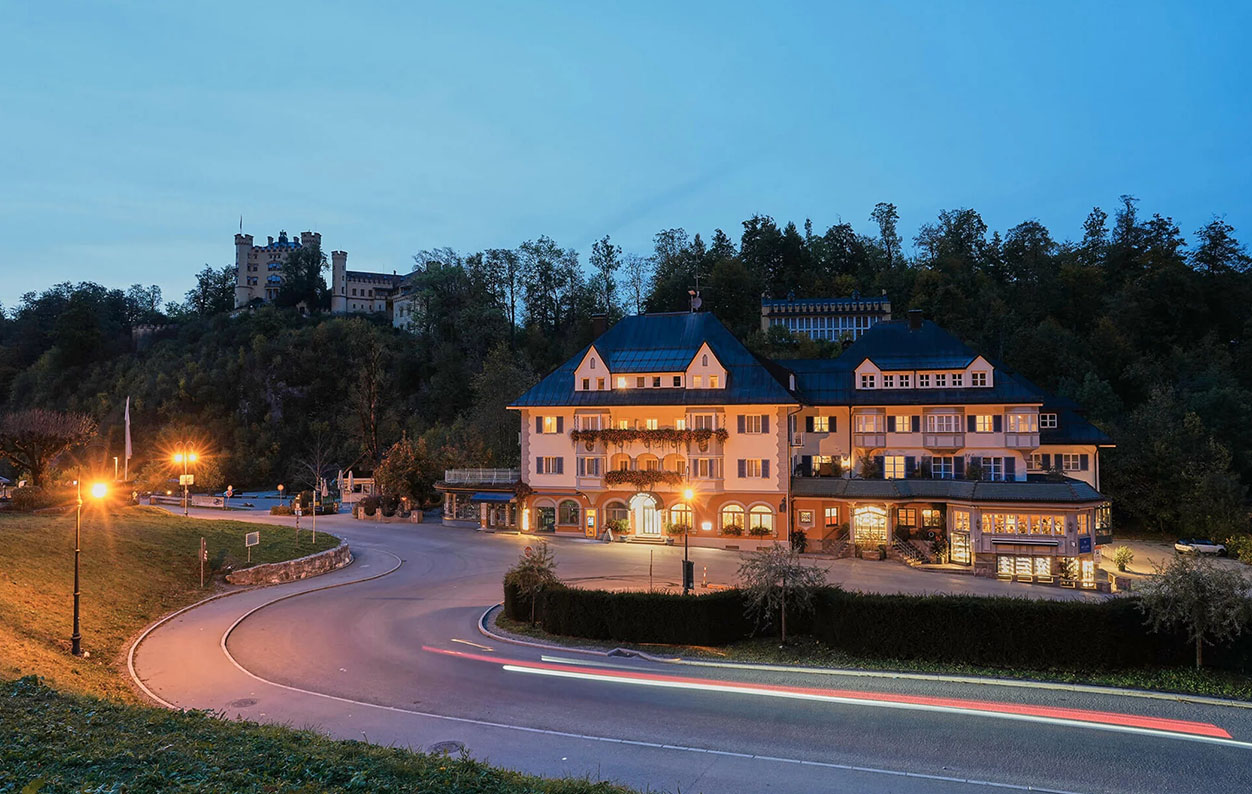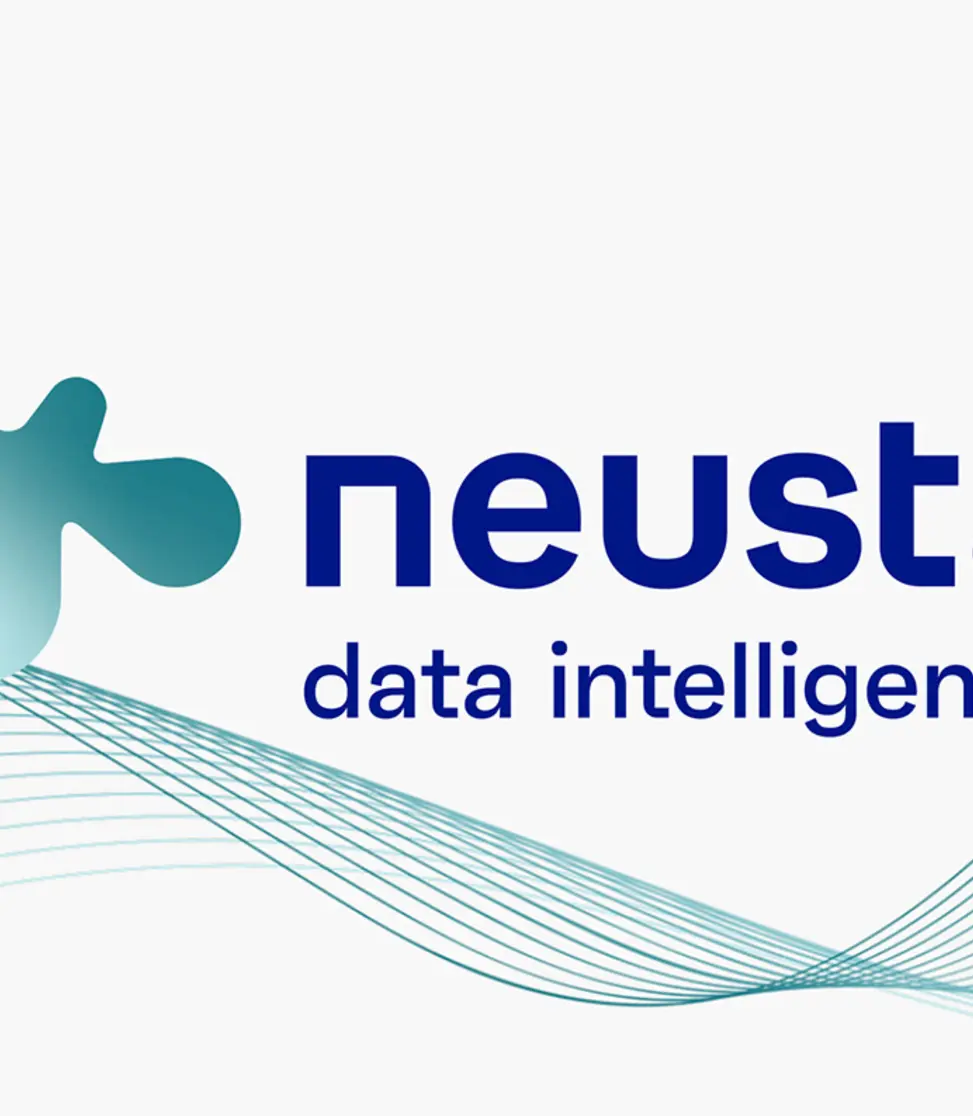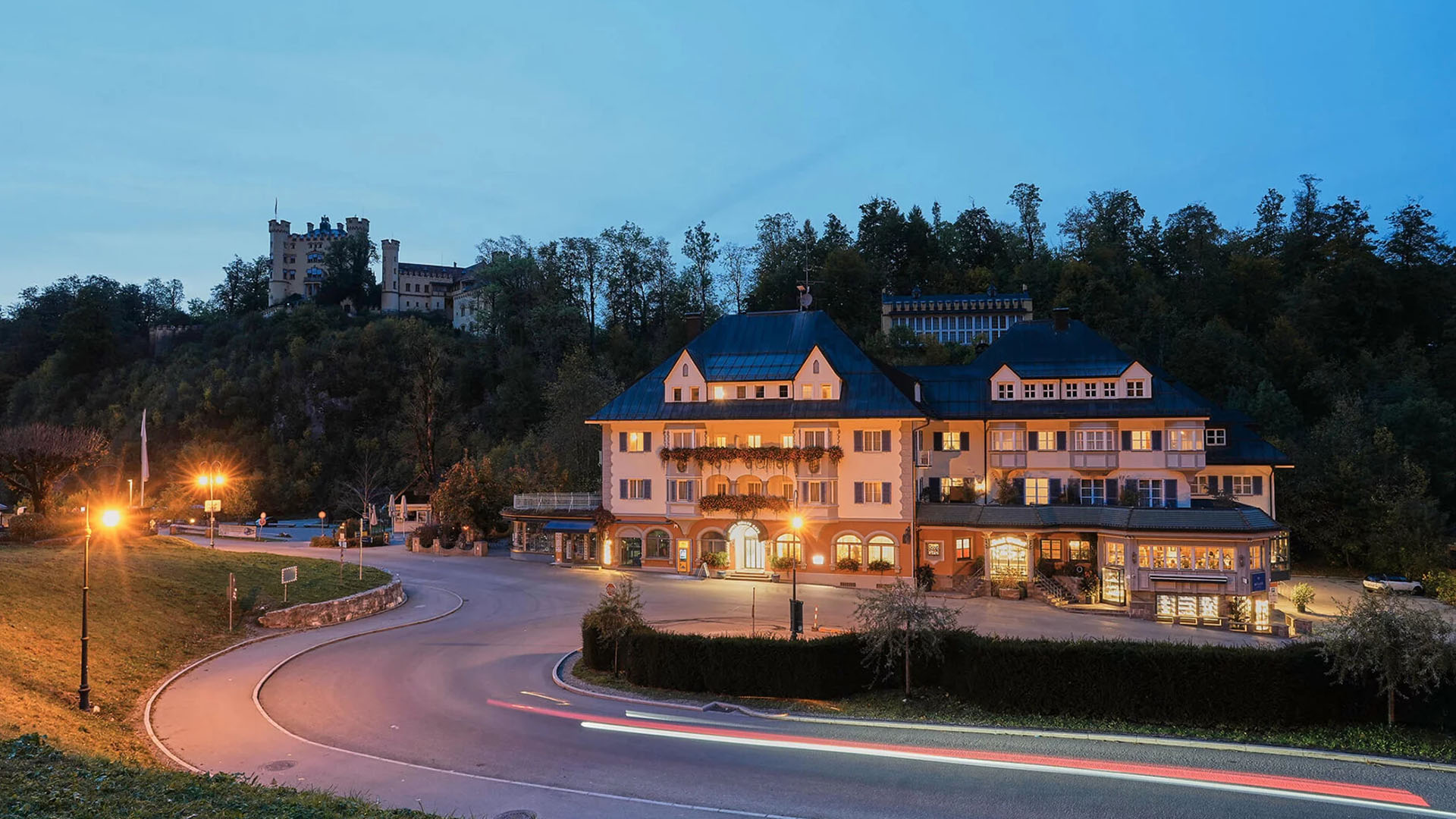

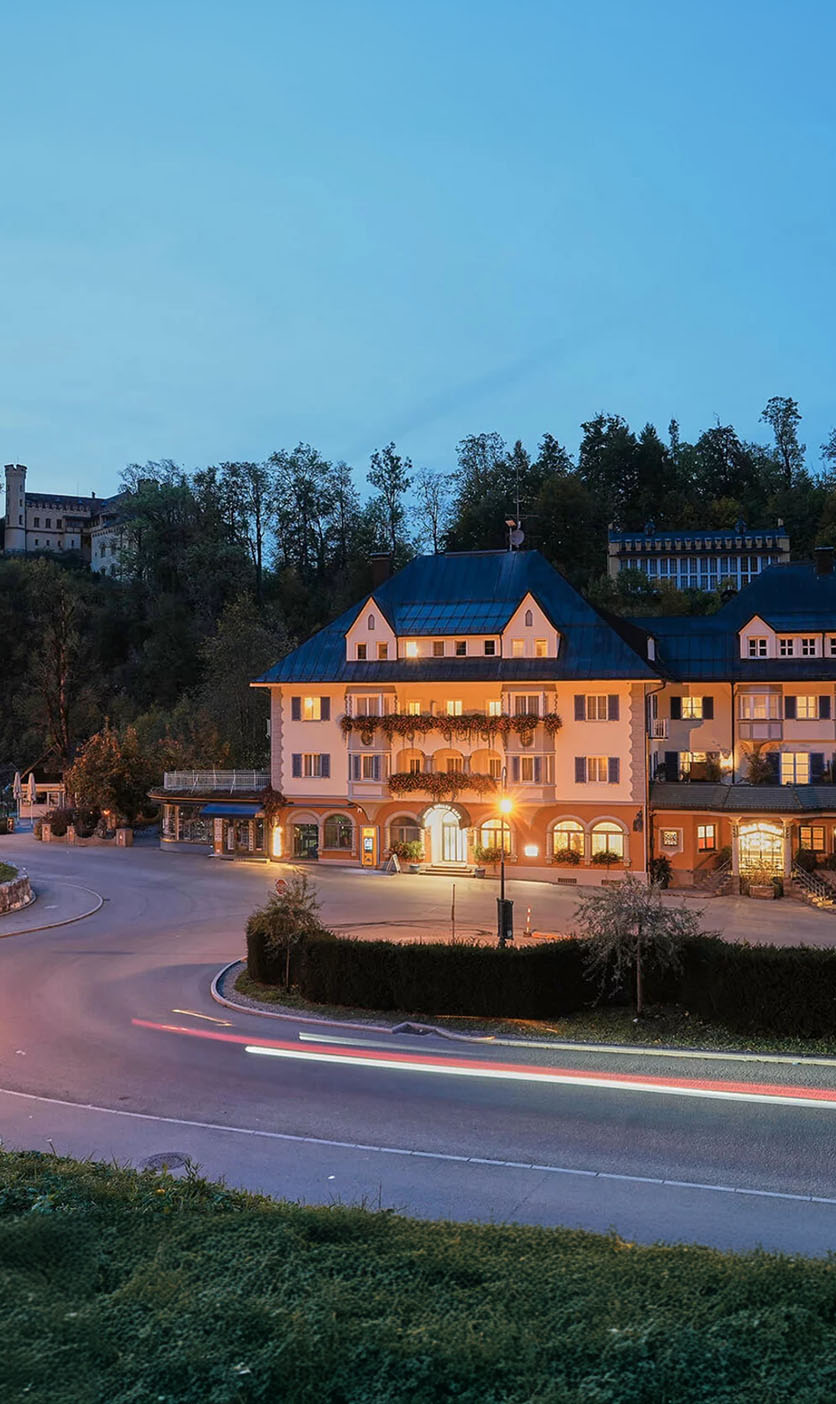
Digitalisation in tourism: Hotel Müller
Digital solutions in the tourism sector are essential in order to meet the rising expectations of guests. From the initial contact to the booking and communication during the stay, digital technologies play a crucial role in the success of the industry. In a world where first impressions are often made online, it is more important than ever for hotels and other tourism establishments to optimise their digital presence and automate technical processes.
The advantages of digitalisation in tourism are obvious. Automated booking systems relieve the burden on operations by reducing administrative work and minimising human error. Personalised offers, which are created on the basis of data analyses, can respond specifically to the wishes and needs of guests and thus increase customer satisfaction. Another decisive factor is the expectations of modern travellers. With the increasing prevalence of online reviews and social media, the guest experience often begins long before the actual arrival.
A new standard for tourism
An outstanding example of this digital transformation is the traditional Hotel Müller Hohenschwangau, which attracts visitors from all over the world. To make operations more efficient and offer guests an engaging digital experience, we implemented a comprehensive digitalisation of the hotel. The focus was on technical automation in order to reduce administrative work and relieve the burden on operations. As part of the project, the website was completely redesigned and implemented in Typo3. A key element was the optimisation of the booking process through the integration of the DIRS21 interface, which offers a seamless, user-friendly experience.
With these digital solutions, Hotel Müller Hohenschwangau is setting a new standard in the tourism sector. The redesigned website, available in six languages, provides an excellent user experience for international guests and helps the hotel to organise its internal processes more efficiently while offering guests first-class service. The project demonstrates how technical innovations can optimise operations and exceed customer expectations.
Frequently Asked Questions
FAQ
The content was updated with a new photo shoot and a reworking of the texts. The old images and outdated content were replaced with fresh, authentic images and rewritten texts that better reflect the character and values of the hotel.
The website and the tour guide area were realised with Typo3. This system provides a flexible and user-friendly basis for the new digital presence.
Digitalisation enables hotels to make their operations more efficient, reduce administrative costs and create personalised guest experiences. Automated systems minimise errors, while data-based analyses help to develop tailored offers that increase customer satisfaction and loyalty.
A strong online presence is crucial to stay ahead of the competition and reach potential guests. A modern website and an active social media presence ensure that a hotel is globally visible, making it easier for it to tap into new markets and compete with international competitors.
The biggest challenges lie in integrating new technologies, adapting existing processes and training staff. It requires investment and strategic planning to ensure that the digital solutions are implemented effectively and offer the desired added value for the company and its guests.
